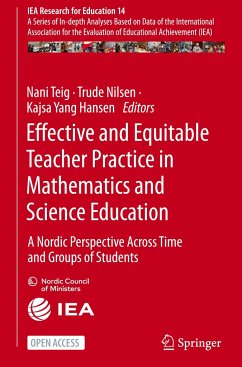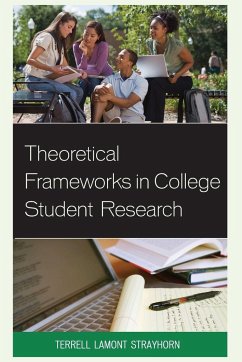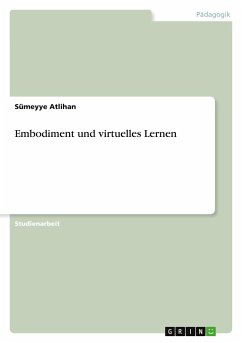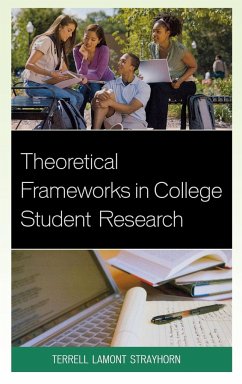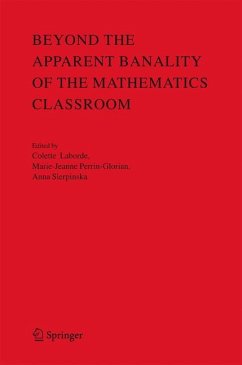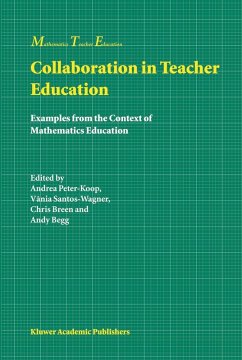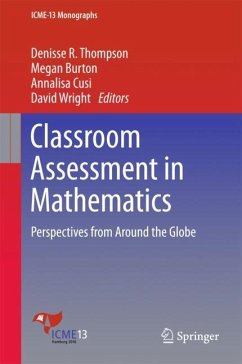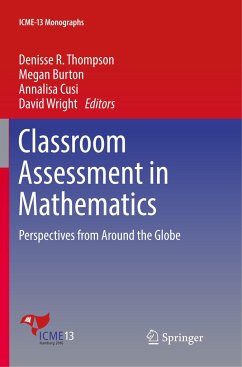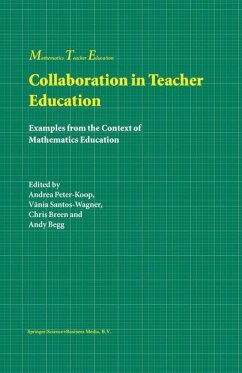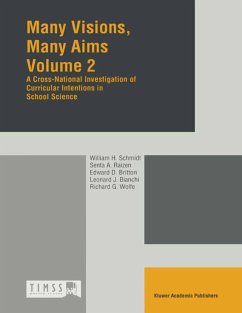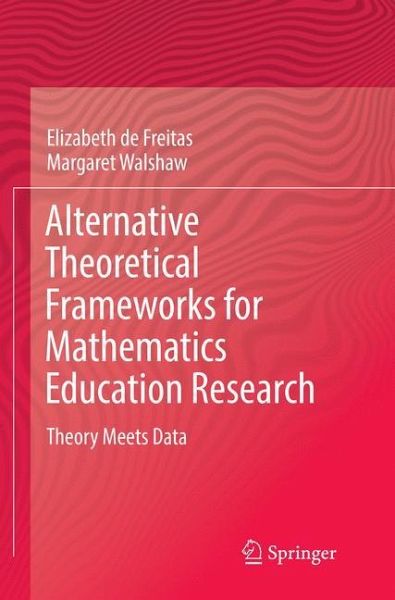
Alternative Theoretical Frameworks for Mathematics Education Research
Theory Meets Data
Versandkostenfrei!
Versandfertig in 6-10 Tagen
76,99 €
inkl. MwSt.
Weitere Ausgaben:

PAYBACK Punkte
38 °P sammeln!
This book explicates some of the fundamental philosophical tenets underpinning key theoretical frameworks, and demonstrates how these tenets inform particular kinds of research practice in mathematics education research. We believe that a deep understanding of significant theories from the humanities and social sciences is crucial for doing high-quality research in education. For that reason, this book focuses on six key theoretical sources, unpacking their relevance and application to specific research examples. We situate these key theorists within a larger framework pertaining to the histor...
This book explicates some of the fundamental philosophical tenets underpinning key theoretical frameworks, and demonstrates how these tenets inform particular kinds of research practice in mathematics education research. We believe that a deep understanding of significant theories from the humanities and social sciences is crucial for doing high-quality research in education. For that reason, this book focuses on six key theoretical sources, unpacking their relevance and application to specific research examples. We situate these key theorists within a larger framework pertaining to the history of thought more generally, and discuss how competing theories of teaching and learning differ in terms of their philosophical assumptions. In so doing, we offer context and motivation for particular research methods, with the agenda of helping researchers reflect on why particular approaches and not others might work for them.





